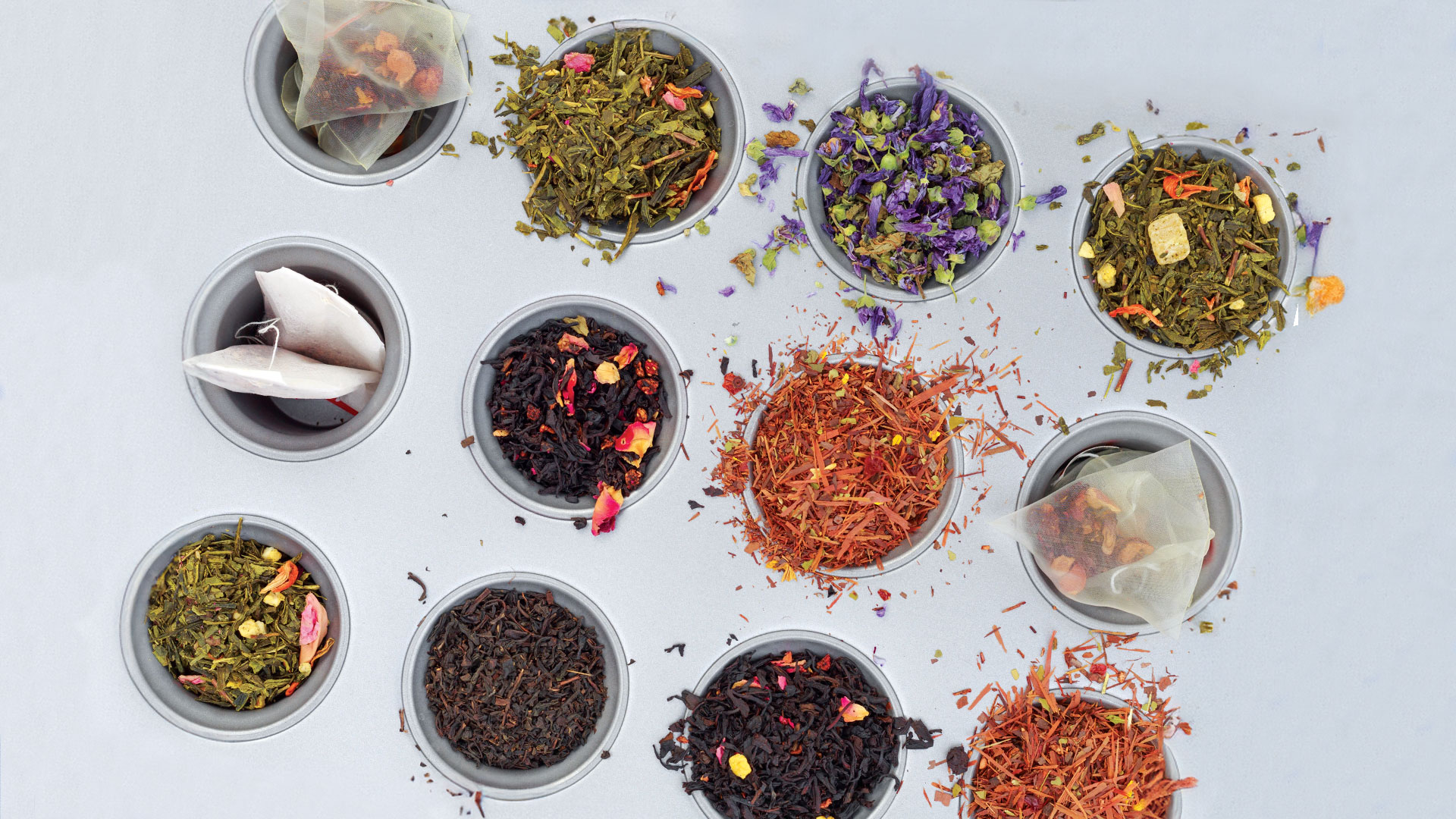
Healing Heritage: With TCM wards and Western diagnostics, Hong Kong can break through borders as a Chinese medicine frontier
The age-old traditions of Chinese medicine have continued to thrive in Hong Kong, standing as a testament to the enduring wisdom of holistic healing practices. Traditional Chinese Medicine (TCM) in Hong Kong has long been regarded as a reliable and effective approach to maintaining overall health and treating a wide range of ailments.
Practitioners of this ancient art often take a comprehensive view of the body, focusing on the delicate balance of yin and yang, as well as the flow of vital energy, known as qi. Through the use of herbal remedies, acupuncture and other traditional techniques, Chinese medicine aims to address the root causes of health issues, rather than just treating the symptoms – a common criticism of routine Western medical practice.
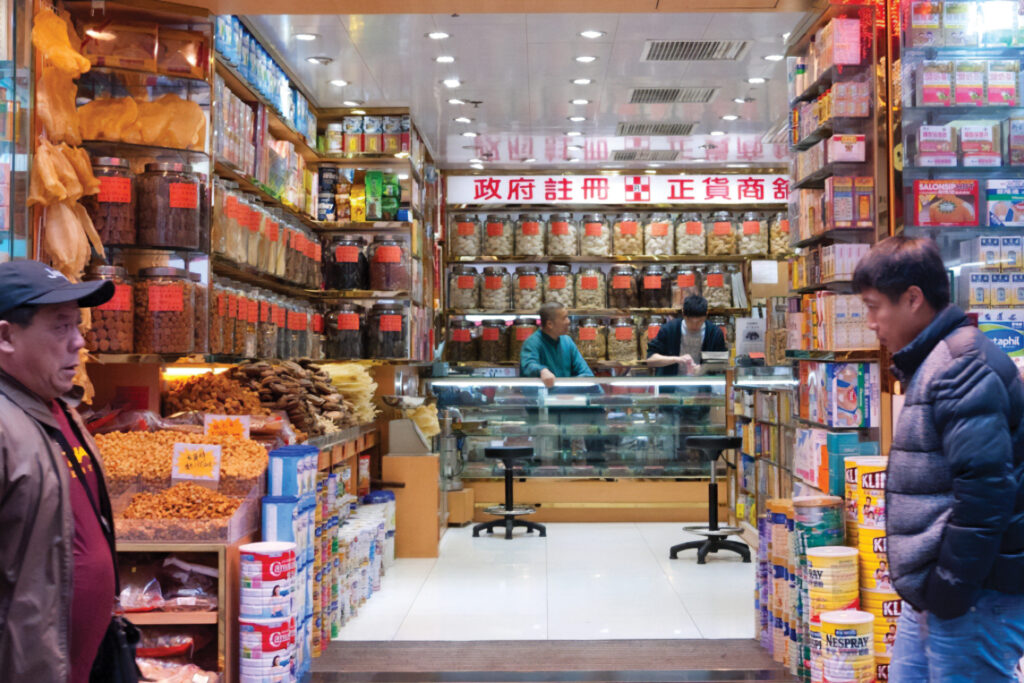
One of the key advantages of Chinese medicine is its emphasis on preventive care and the promotion of overall well-being. Practices like acupuncture, tai chi and herbal therapy seek to strengthen the body’s natural defences and increase resilience to disease. This stands in contrast to the Western medical model, which often relies on reactive measures and the use of prescription drugs to manage symptoms.
Herbal Hospital
The opening of the Chinese Medicine Hospital, Hong Kong’s first TCM hospital, in Pak Shing Kok, Tseung Kwan O, in late 2025 is slated to serve as a showcase for international attempts to integrate Western and traditional practices. “This is a Chinese medicine hospital, but there will be a number of Western medicine examination facilities,” says its CEO, Professor Bian Zhaoxiang, a renowned authority in traditional Chinese medicine.
The government-funded hospital will have a total of 400 beds – including 250 in inpatient wards, 90 in day wards, 40 in paediatric wards, and 20 in the clinical trial and research centre. The highly anticipated opening of its Chinese medicine inpatient wards will mark “the first time in Hong Kong’s history that there will be such services,” notes Bian. Some 65 per cent of the new hospital’s services will be subsidised by the government, with the remainder provided by the private sector. Currently, private practitioners provide 95 per cent of TCM services in the city.
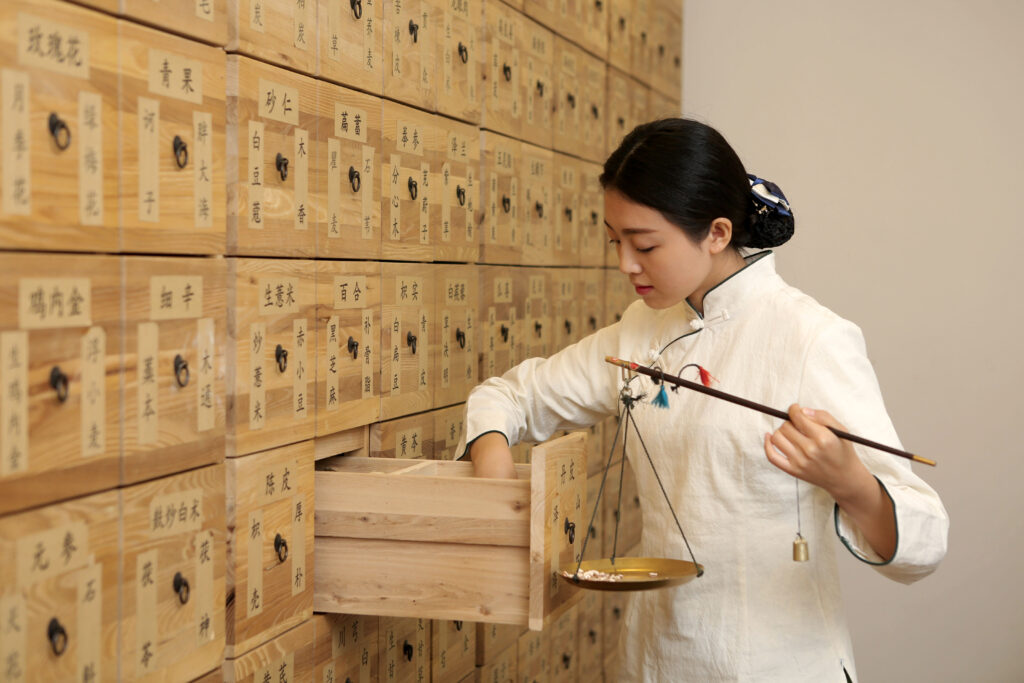
“Hong Kong’s Chinese medicine sector should seize the opportunity to capitalise on our characteristics and strengths … to demonstrate the value of traditional Chinese medicine and the collaboration between Chinese and Western medicine to the world,” says Lo Chung-mau, Hong Kong’s Secretary for Health.
A cooperation agreement between the upcoming facility and the Guangdong Provincial Hospital of Traditional Chinese Medicine has been also inked, covering areas like talent exchange, database setup and the creation of a network for scientific research. Lo declares that Chinese medicine in Hong Kong will reach “new heights” as a result of the partnership with the state-run Guangdong hospital. “With the rich experience and technology sharing from the [Guangdong hospital], I believe that the Chinese Medicine Hospital of Hong Kong will be able to launch its services smoothly,” he noted at the signing ceremony in January.
Holistic Endeavour
While Western medicine has made remarkable advancements in the fields of diagnostics, surgical procedures and pharmaceutical interventions, it is often criticised for its narrow focus on treating specific symptoms or conditions. In contrast, Chinese medicine takes a more holistic approach, viewing the body as an interconnected system and seeking to restore balance and harmony.
Dr Arthur Lau Chun-wing, the Chinese Medicine Hospital’s Deputy Chief Executive in Western Medicine, anticipates that the new facility will capitalise on the advantages of the two types of treatment. “I hope we can formulate standards that can serve as the blueprint for the world to follow and reference,” he says.
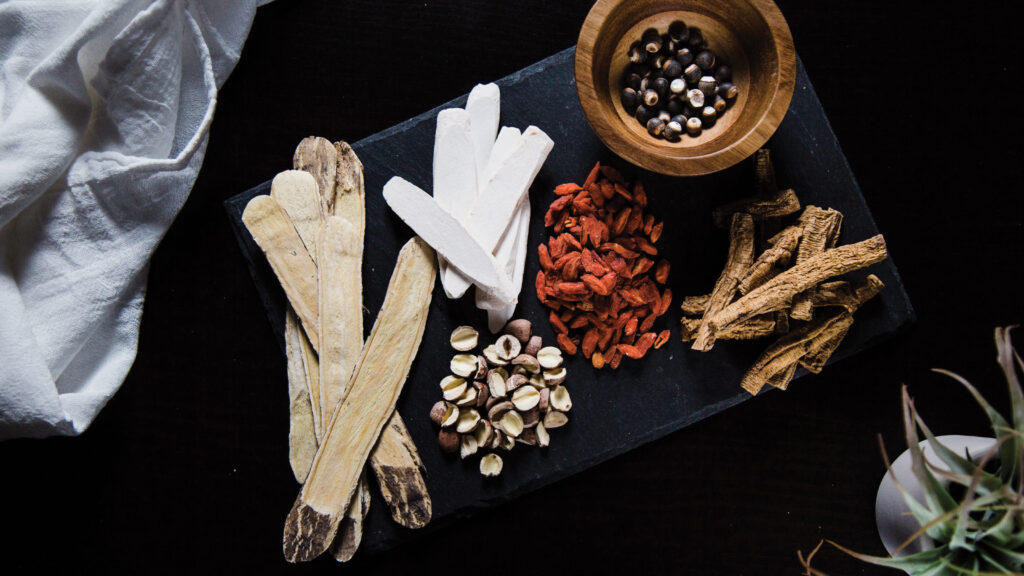
China’s main medical practices have historically been acupuncturing and herbal therapy. Acupuncture is regarded as a yang therapy, and for more persistent problems, yin herbal medicine is used in addition. Arguably the most advanced in the world, the Chinese herbal system encompasses thousands of recipes and plants. The majority of herbs are used in combinations, with eight or more different plants often combined to provide a synergistic cure. Additionally, animal parts are frequently included in medicinal formulae. Two examples to treat asthma are dried caterpillar fungus and gecko tails. A highly sought-after and costly tonic in Hong Kong is created from the saliva of the swiftlet bird.
Chinese vs Western
Studies have demonstrated the efficacy of certain Chinese medicine practices in treating conditions such as chronic pain, digestive disorders and even certain types of cancer. However, the reliability and scientific evidence behind Chinese medicine remains a subject of ongoing discussion, with some Western medical professionals expressing scepticism about the lack of standardised clinical trials and the potential for inconsistent quality control.
Dr Leung Ting-hung, the former Director of the Centre for Health Protection in Hong Kong, has said: “Chinese medicine can complement conventional Western treatments, but patients should be cautious of unsubstantiated claims. The safety and quality of Chinese medicine products require more regulation and oversight.”

The pros of TCM in Hong Kong include its long-standing tradition, its holistic approach to health, and its potential effectiveness in treating certain conditions. Many patients appreciate the natural and non-invasive nature of Chinese medicine treatments, as well as the emphasis on maintaining balance and harmony within the body. On the downside, doubters cite the lack of standardised quality control, and the potential for inconsistent or unreliable results and adverse reactions with Western medications. Additionally, some Chinese medicine practices, such as the use of endangered animal parts, have raised ethical concerns.
Future Tradition
Cheung Wai-lun, the Hong Kong Health Bureau’s Project Director for the Chinese Medicine Hospital, says officials want to coordinate and promote the quality development of Chinese medicine. “Besides local development of the sector, we hope to cooperate with the motherland’s development plans in this area. That is to use Hong Kong as a platform – like a display window – to showcase to the world how Chinese medicine can be applied.”
Ko Shing Street in Sheung Wan has been the heart of the wholesale trade in Chinese herbal medicine in Hong Kong for 100 years. It’s nirvana for herbal or health geeks, and a must-visit to witness a unique insight into the past. While shopkeepers in this iconic street find it challenging to keep their stores operational due to Hong Kong’s expensive rent and living expenses, preserving these customs and ensuring that they continue to influence modern holistic treatment in the future are essential.
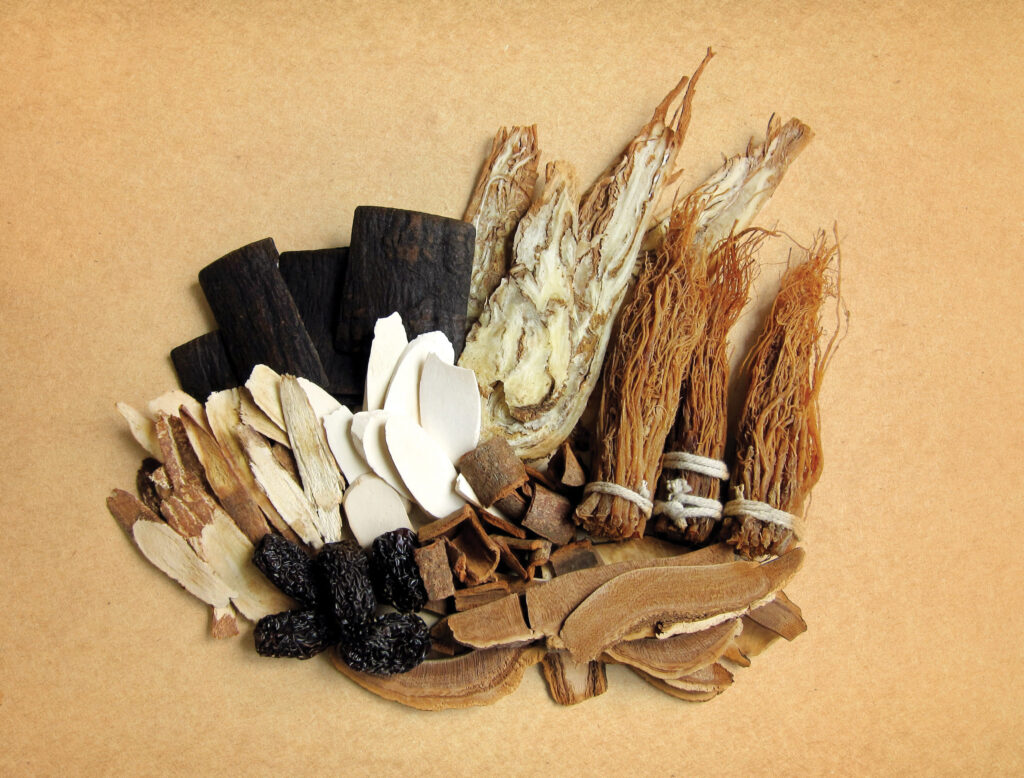
As the city continues to navigate the dynamic landscape of healthcare, the role of traditional Chinese medicine remains an integral part of the city’s medical landscape. While the debate over its reliability and effectiveness compared to Western medicine continues, the enduring legacy of this ancient practice serves as a reminder of the importance of preserving and exploring diverse approaches to healing and well-being.







